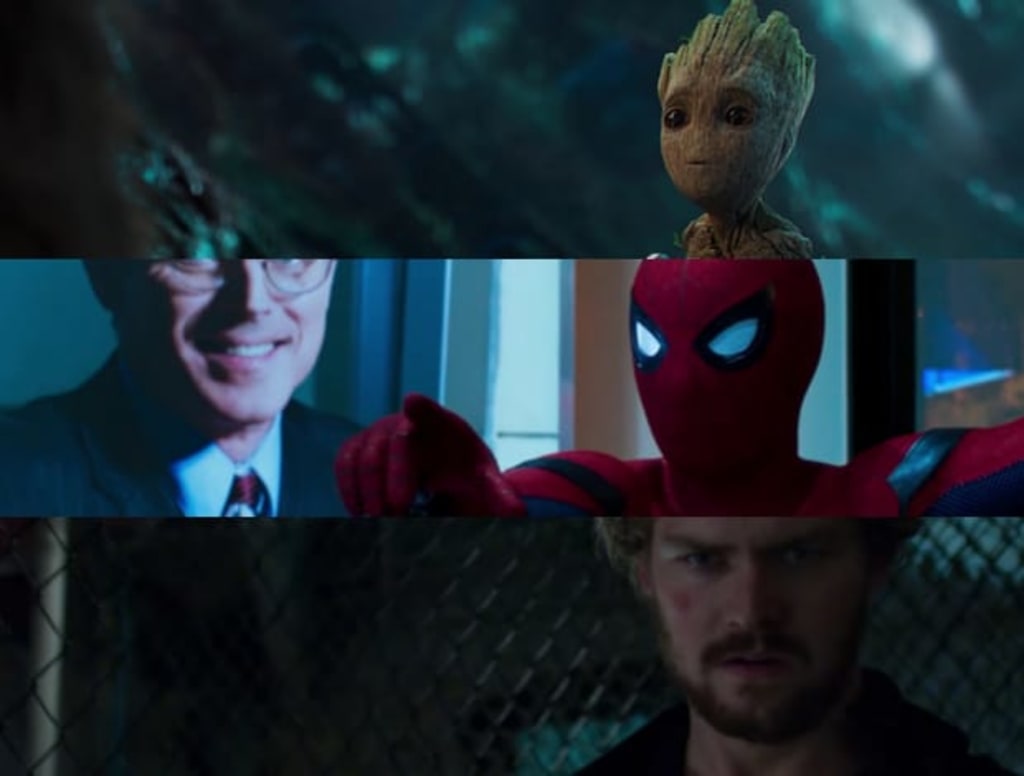
Marvel's been on a roll — but now, with their rivals stepping up, the company faces some very real challenges. Whether in comics, TV shows, or even in the movies, Marvel is going to have to deal with some very real issues if its going to continue to dominate! Here are some of the core problems...
1) Increased Competition from DC's "Rebirth"
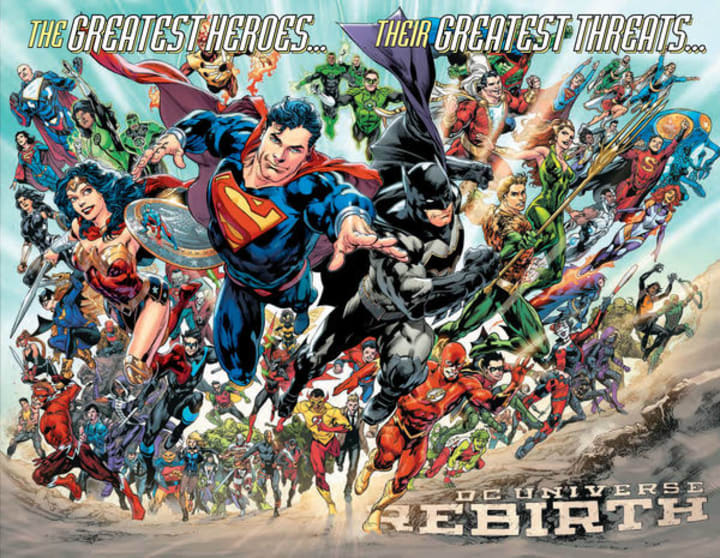
[Credit: DC Comics]
2016 was the year of #DC's "Rebirth". This tremendously popular event has relaunched the entire DC range, and led to comic book sales rocketing to levels not seen in 20 years. The arc is planned to run in the background for at least two years, and fans are excitedly navigating the titles looking for hints of the overarching direction. It's pretty clear that DC is working to a long-term plan, and thus far, it looks to be wildly successful.
Looking forward, we know that 2017 will see the return of fan-favorite writer Geoff Johns, who's teased that he'll be continuing the "Rebirth" narrative. Meanwhile, Justice League of America - The Atom - Rebirth #1 has indicated some of that narrative is soon to move center-stage in JLA, while the current Justice League Vs Suicide Squad event is hinting that we'll soon see the return of the Legion of Superheroes.
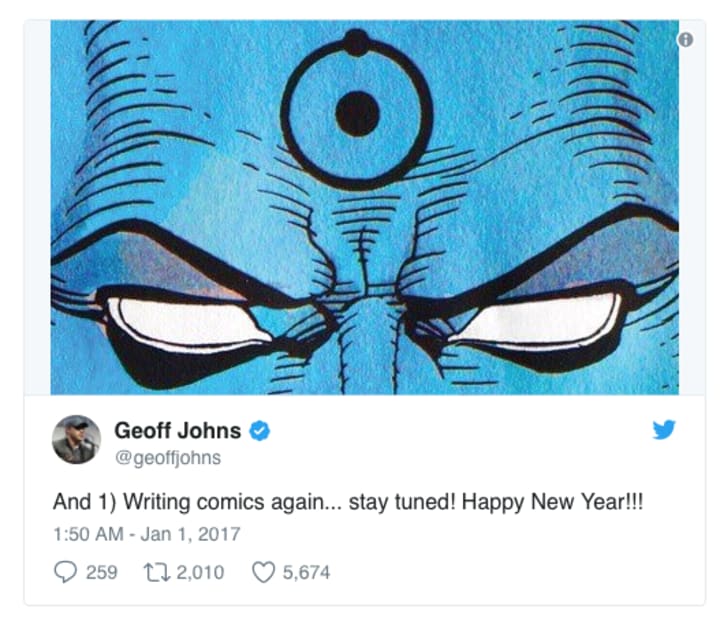
The first stage of DC's "Rebirth" has landed flawlessly, and Marvel has to be watching their rival with real concern. In the face of such clear, focused editorial direction, Marvel need to ensure their overarching narrative is just as strong. There are promising signs; the X-Men's "ResurrXion" arc, for example, looks to have a much stronger editorial approach than we've seen in the X-Men books since 2012's Avengers vs. X-Men. But Marvel's latest event, "Civil War II", didn't land effectively, and that's got to concern Marvel.
2) The MCU's Complex Continuity
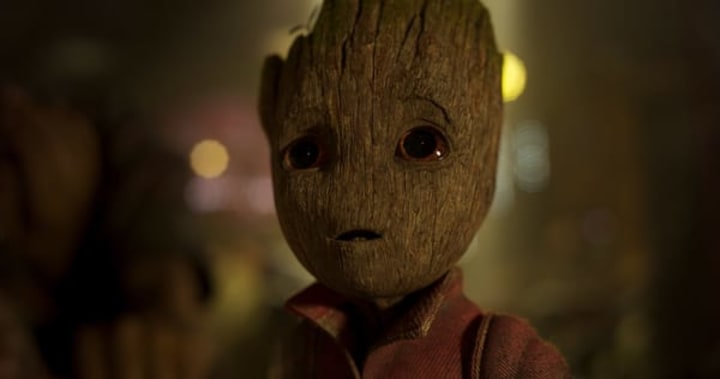
Baby Groot in 'Guardians of the Galaxy Vol. 2'. [Credit: Marvel Studios]
The #MCU has been going from strength to strength — but Marvel can't take that success for granted. That's especially the case given that, in 2015, Marvel Studios was separated out from the wider Marvel group. Now, you have two different leaderships, but somehow they've got to develop an interconnected universe. I'm not suggesting Marvel needs to bring back the old, controversial Marvel Creative Committee; but they do need to take a tip from Lucasfilm, and recognize the need for close collaboration.
This is especially the case when it comes to the overarching continuity of the MCU, which is set to get increasingly complicated in 2017. In the build-up to Captain America: Civil War, Kevin Feige established that — unless otherwise stated — every Marvel movie was set in the year of its release. Next year, though, will see all three Marvel movies confuse that continuity. Guardians of the Galaxy Vol. 2 is set only a couple of months after the 2014 blockbuster hit, Thor: Ragnarok needs to give us a sense of Thor's actions from 2015 to the present day, and Spider-Man: Homecoming looks set to launch straight off the back of Civil War!
To make matters even more confusing, the wildly popular #MarvelNetflix shows have been avoiding the Sokovia Accords by staying set in early 2016. That's likely to continue, but can't go on forever.
These problems can only be resolved if the leaders of Marvel Studios, Marvel Comics and Marvel Television work together closely.
3) DC's Legacy Heroes
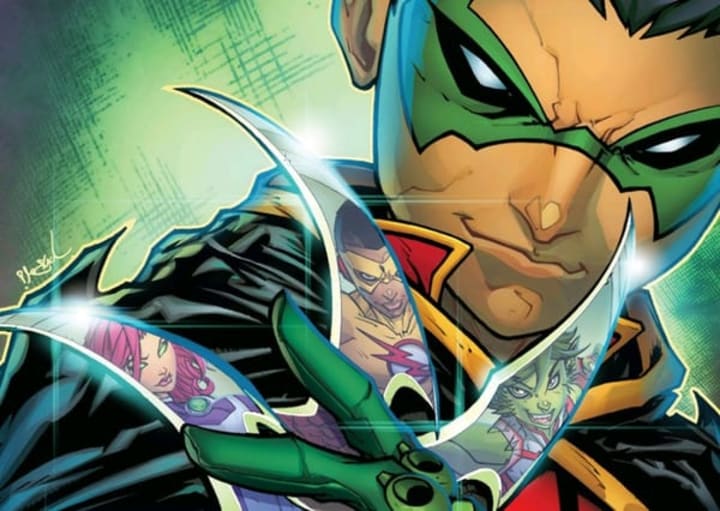
[Credit: DC Comics]
The last few years have seen Marvel flourish, in large part because of diverse "Legacy Heroes": new characters who take on the mantle of classic heroes. You're talking hits like Spider-Gwen, Kamala Khan's Ms. Marvel, and Jane Foster's Thor. Until recently, their rivals simply haven't had a response.
Again, DC's "Rebirth" has changed all that. We have a new Superwoman, and the relationship between Superboy and Robin will be featured in Super Sons. The Teen Titans are back on the scene, and — most crucially of all — Justice League of America - The Atom - Rebirth #1 introduced us to the new, Chinese, Atom. According to Axel Alonso, 2017 will see a lot of Marvel's overarching "Legacy Hero" narratives come to a head, but Marvel can no longer depend on that particular strategy.
4) Retailer Reactions
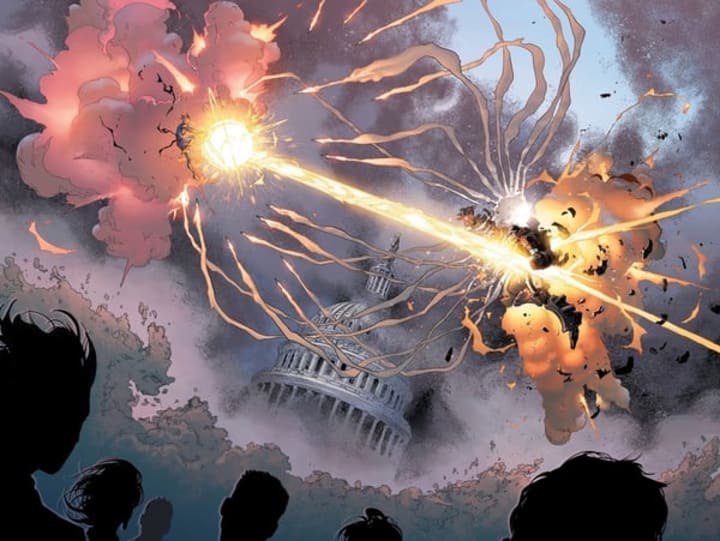
[Credit: Marvel Comics]
We have anecdotal evidence that retailers are growing increasingly irritated with Marvel Comics, largely because the publisher operates on a no-returns policy. As a result, retailers are forced to estimate potential sales of a Marvel comic, purchase in bulk, and then sell off leftovers in $1 bargain bins. One retailer told Bleeding Cool:
"The customers that actually purchase these books from stores has shrunk more than ever this last year and it’s going to take a miracle for Marvel to recover from this one."
Given Marvel editors have said some books perform better digitally than in paper format, it's possible Marvel is gradually shifting away from the retailer market altogether. That won't happen in the short-term, though, and that leaves Marvel facing a lot of very real issues. As one retailer observed:
"It will take a “less books, better books, cheaper books” hard look at things for Marvel to get back the number one spot and maintain focus."
5) Marvel Television Problems
From Runaways to Damage Control, we keep hearing reports of new Marvel Television projects — but The Inhumans (due September 2017) is literally the first one to see any movement in a long time. In fact, 2016 saw ABC cancel the much-loved Agent Carter, and pass on Marvel's Most Wanted — even after Agents of S.H.I.E.L.D. had actually written two popular characters out as setup for the show!
As exciting as The Inhumans may be, we need to see Marvel Television progress some of their other ideas. Marvel Netflix may be flourishing, but that should only be one corner of the MCU's TV side.
6) Top-Tier Writers Still Not Replaced
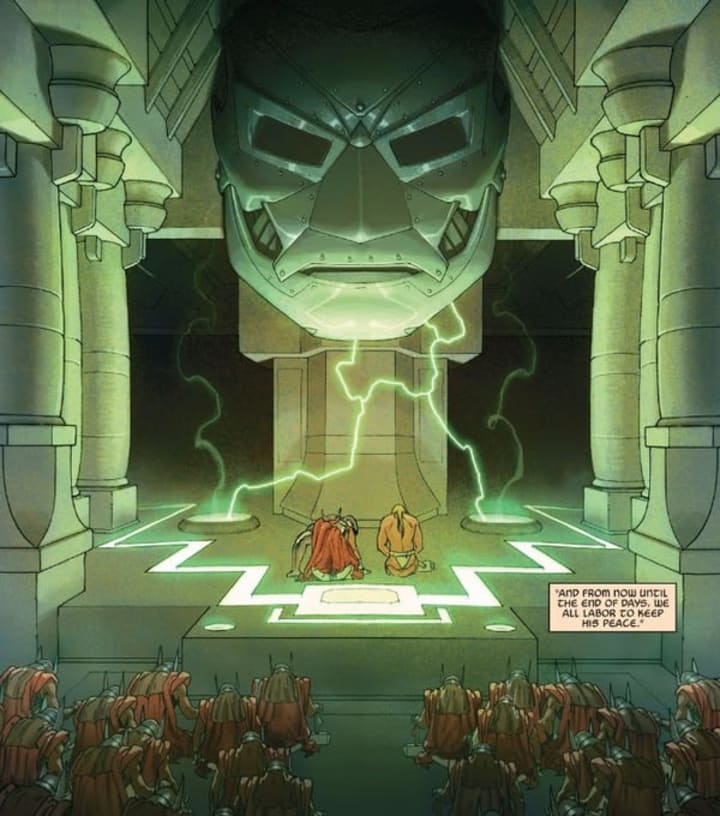
Jonathan Hickman's 'Secret Wars'. [Credit: Marvel Comics]
The last few years have seen some of Marvel's top talent leave, from Ed Brubaker to Rick Remender, from Jonathan Hickman to Matt Fraction. In part, these writers are drawn to the creator-controlled market offered by Image Comics, but there are rumblings of editorial conflict.
Now, it's important not to overstate the problem; Brian Bendis and Dan Slott are still "big beasts", for example. But, surprisingly, Marvel is actually looking outside the comic book medium for upcoming writers. R. L. Stine has just been recruited to write Man-Thing, while Ta-Nehisi Coates is thriving as writer of Black Panther. Still, these writers are recruited for very specific projects, and don't seem to consider themselves "comic book writers". To regain momentum, Marvel urgently needs to develop its up-and-coming writers.
Again, there are promising signs; I'd point to James Robinson and Al Ewing, for example, who are definite rising stars. But Marvel need to ensure these guys are developed, and fast, for the sake of the company.
7) Event Crises
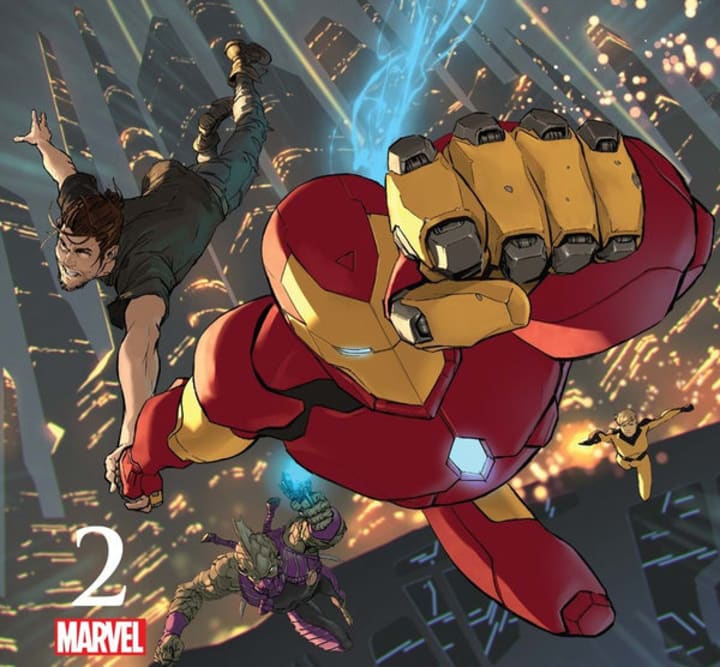
[Credit: Marvel Comics]
For years now, Marvel has tended to operate on a simple cycle: a big Summer event that resets the status quo, a few months exploring that new status quo, and then the next year's Summer event. Although review websites grumble about "event fatigue", sales don't indicate an issue there; but Marvel has other problems.
The last two years have seen both 'Secret Wars' and 'Civil War II' struggle. The core titles ran late, in both cases took an extra issue, and finished after the launch of the next wave of Marvel Comics. The final issue of 2015's Secret Wars wasn't published until January 2016, and Civil War II barely finished inside 2016!
It's clear that Marvel's approach needs to be carefully evaluated. The company needs to work out what's broken, why the events are running late, and why overall plotting is evidently so poor as to need a whole extra issue. On a positive note, there are signs Marvel is doing just that; the company is yet to announce 2017's Summer event, suggesting either that we won't have one, or that they're working to get things right.
8) Partnerships with Studios

[Credit: Marvel Comics]
In 2015, Star Wars comics ruled the roost; they accounted for more than $34 million of comic sales, a market share of 6%. That superheated pace was unlikely to continue, and nobody was surprised to see Star Wars comics sales decline in 2016.
What was a surprise, though, was the fact that the Rogue One tie-in comics were canceled. Things are little better when it comes to the relationship between Marvel Comics and Marvel Studios; the Doctor Strange Prelude comics clearly set up aspects of the plot that were dropped from the final cut, while the Guardians of the Galaxy Vol. 2 Prelude comic is just retelling the first film! Marvel Comics seem to be having real problems making their relationships with the film studios work out, and that clearly needs work.
We're used to the idea that Marvel rule the roost, but the reality is that the company is entering 2017 with some very real challenges. The competition is hotting up, and the company's flaws are becoming visible. Marvel certainly isn't at crisis point, but it needs to put in some solid effort to get everything on the right track again.
About the Creator
Tom Bacon
A prolific writer and film fan, Tom has a deep love of the superhero genre.


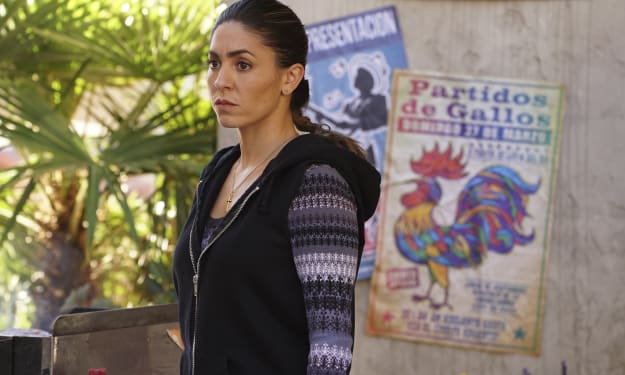

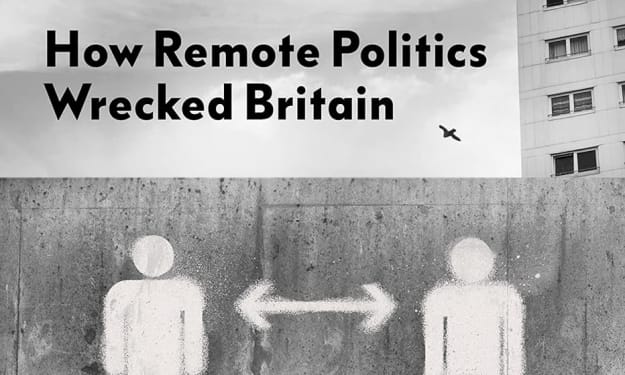

Comments
There are no comments for this story
Be the first to respond and start the conversation.